The history of the LGBTQA+ community and how far it has come
We all know the infamous rainbow flag that represents one of the biggest communities in the world. The flag has many versions, each representing what a person identifies as. But this flag holds a deeper meaning than just an identity.
The LGBTQ community hasn’t always been treated fairly. But they fought hard to gain the rights and respect they have today.
“Growing up, everyone was anti-gay and that’s why I was like I’m not gay!” English teacher Michael Allaway, who is a part of the community, said about homophobia, which is the dislike of or prejudice against homosexual individuals. “And it was really because I was too afraid to say anything or express myself fully.”
Being a homosexual wasn’t a very popular thing in the past. People would often get treated poorly because they simply were attracted to the same sex. Sometimes they would get arrested for “being gay.” Gay men and women in New York City in the 1960s couldn’t be served in bars because they were considered “disorderly.” Police famously raided a gay bar, the Stonewall Inn, in 1969, that sparked five days of protest and riots. But it also resulted in the first-ever Pride Parade.
“More respect to gain? I think that if you’re a gay man, uh, there’s actually a lot of respect. I think it’s if you’re a lesbian that there’s a lot of respect to still be gained, sadly. It’s a double standard,” Allaway said.
Although the community has gained respect and rights as the years passed, including the right to marry and the right of privacy and to be left alone, as guaranteed by the fourth, fifth, ninth, and fourteenth amendments, it still isn’t perfect. And as time went on, other movements began to form, such as the Gay Liberation Front and the Gay Activists Alliance. But the growth in new groups can sometimes make it difficult to organize.
“What we really need to do, and that I think we have made progress toward, is that we need all those groups to work together to oppose the people who say that no rights should be given to anybody and that nothing should change,” said teacher Katherine Cooke, an ally of the LGBTQA+ community. “Hopefully we’ll keep moving forward. We have come a long way.”
The community is making progress. They even have the month of June dedicated to them, which became official in 1969. “It wasn’t until I got into high school that anybody mentioned it. We had a GSA that I joined. It was really eye-opening and really wonderful to kinda be in a community that was like that suddenly, where everybody was accepting of everybody,” said Cooke.
More schools have become more accepting of those who identify as gay, bi, lesbian, transgender, etc. They have also begun to talk more about sexuality.
“I just hope that it’s not as hard for future generations to come out because it’s not just coming out like,’ Hey! I’m Michael and I’m gay!’ Like it’s also fitting in,” Allaway stated. “Being gay should be as fluid as you being Salvadorian, as you being fluid as you being white, Mexican, like it doesn’t matter!”
Hopefully, the community gets more recognition for their history and their rights. Keep an open mind about someone’s sexuality and don’t be judgmental about them. You never know, it might have a huge impact on their life.
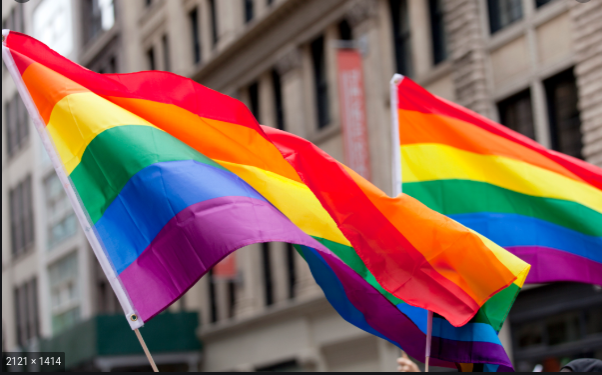
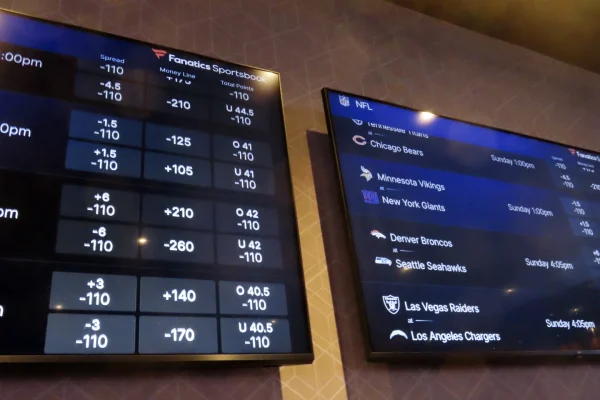
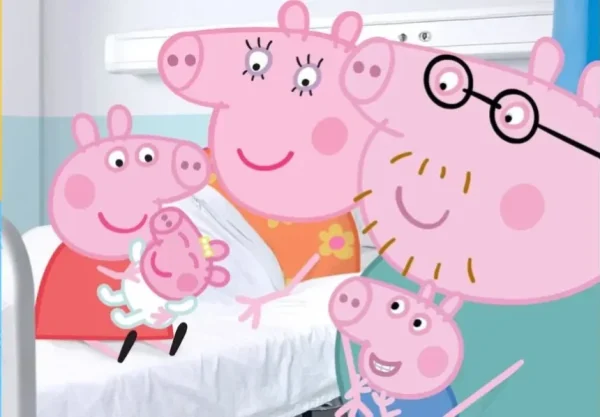
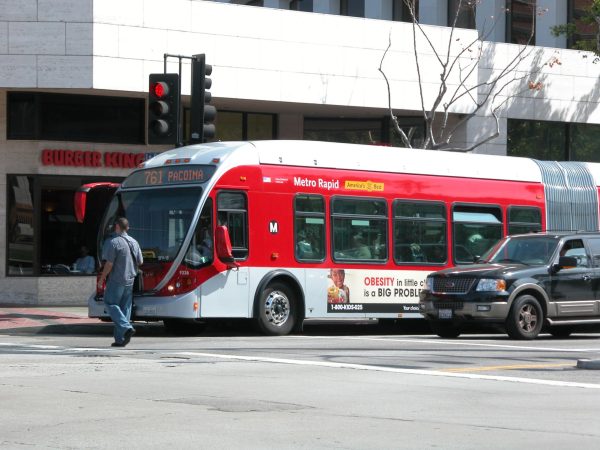
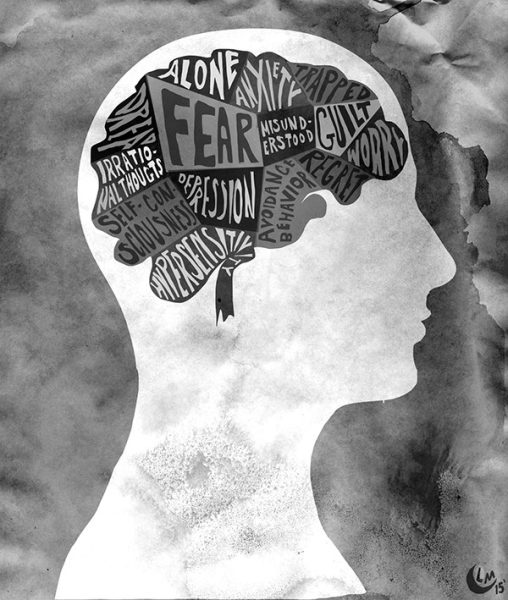


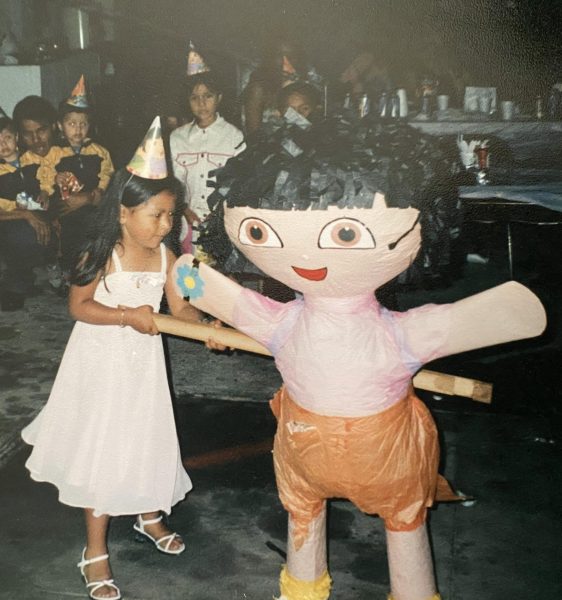
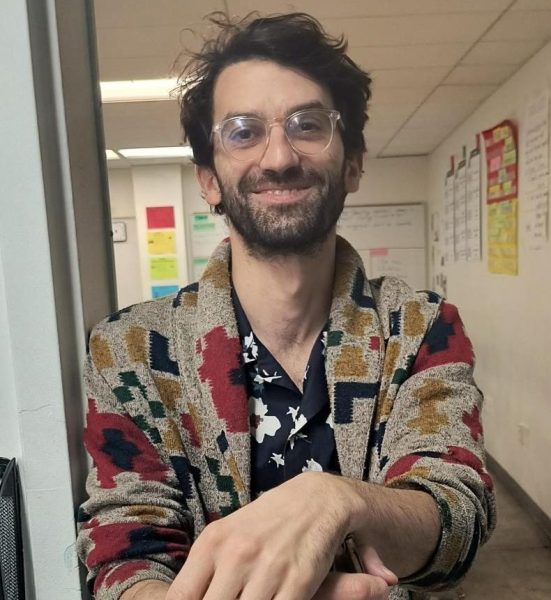
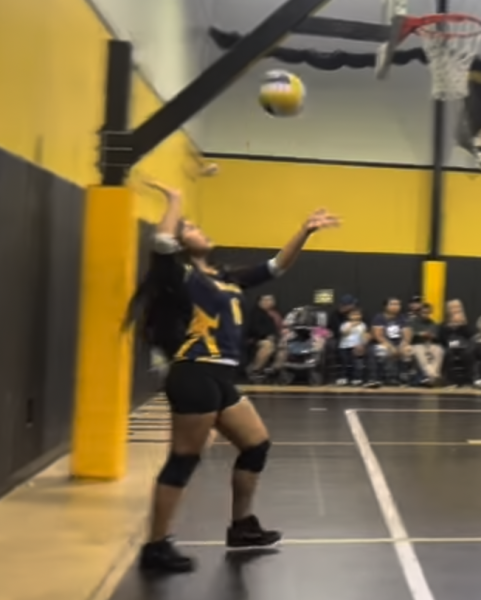
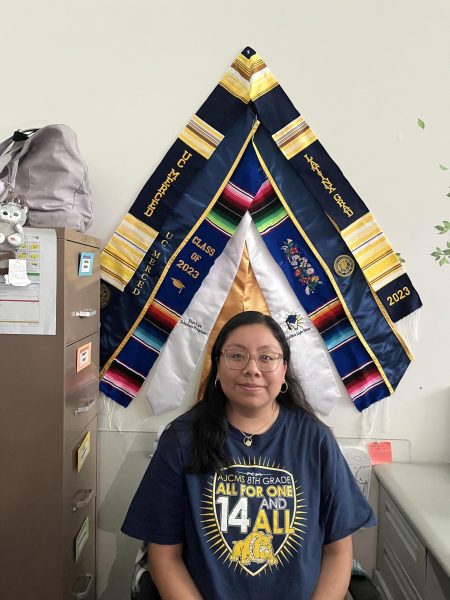
Anyi vargas • Mar 7, 2021 at 5:07 pm
I liked how you added someone with experience to share their thoughts.